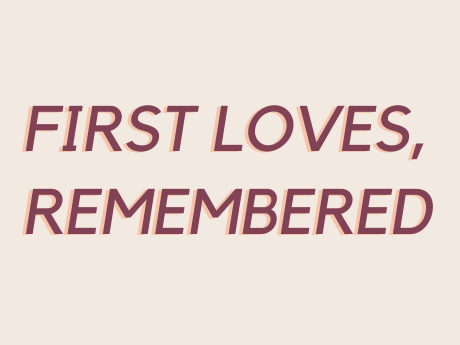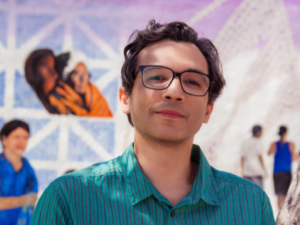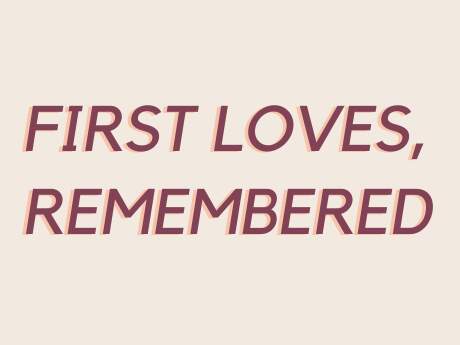First Loves, Remembered
First Loves, Remembered: José Vadi on Kahlil Gibran

On Talking
And then a scholar said, Speak of Talking.
And he answered, saying:
You talk when you cease to be at peace with your thoughts;
And when you can no longer dwell in the solitude of your heart you live in your lips, and sound is a diversion and a pastime.
And in much of your talking, thinking is half murdered.
For thought is a bird of space, that in a cage of words may indeed unfold its wings but cannot fly.
There are those among you who seek the talkative through fear of being alone.
The silence of aloneness reveals to their eyes their naked selves and they would escape.
And there are those who talk, and without knowledge or forethought reveal a truth which they themselves do not understand.
And there are those who have the truth within them, but they tell it not in words.
In the bosom of such as these the spirit dwells in rhythmic silence.
When you meet your friend on the roadside or in the market place, let the spirit in you move your lips and direct your tongue.
Let the voice within your voice speak to the ear or his ear;
For his soul will keep the truth of your heart as the taste of the wine is remembered
When the colour is forgotten and the vessel is no more.
Twenty years ago, the Poetry Society published a series called First Loves in which we asked distinguished poets, including W.S. Merwin, Ntozake Shange, and Robert Creeley, to reflect on the poems that first captured their imaginations. The series eventually became a book, edited by Carmela Ciuraru, titled First Loves: Poets Introduce the Essential Poems that Captivated and Inspired Them. Here, we revisit that question with a new generation of poets, revealing how poetic influences both endure and change.
José Vadi on Kahlil Gibran’s The Prophet
Every year at Christmas my parents would give my sister and me a book. And while the books often seemed like a parental assignment to expand our minds, I had to begrudgingly admit that they were often exactly what I needed. For example, when I was fifteen, the book I received was Kahlil Gibran’s The Prophet. I had started writing poems a year or two earlier and no doubt this was fuel for whatever creative fire I had been sharing with my folks. But this book of poetry challenged my idea of what poetry truly is—the narrative line and storytelling motifs that structure The Prophet weave us through the protagonist Al Mustafa’s tales of wisdom from worlds unseen. The lush prose—where cautionary, fable-like tales meet romantic verse—guided my nascent ideas around art and creativity, and I realized one could possibly write about any subject they wanted. Even more revolutionary, I realized that a poet could relate their own personal experiences and turn those lived moments into something lyrical, creative, and meaningful for people. A poet could weave lines that an entire community would line up to hear, receive and process as something new. Reading these poems as a teenager inspired me to live a full life, to write down those experiences through words that could hopefully guide me across the curiosities and challenges of life.


